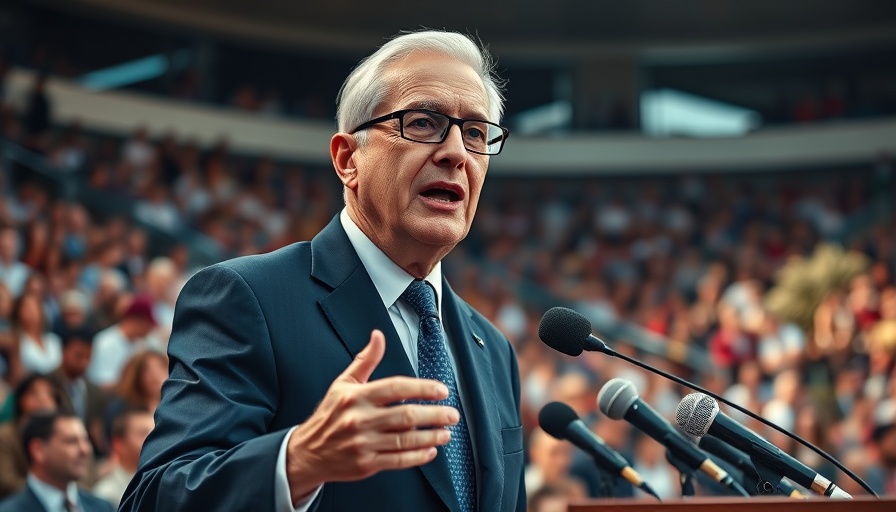
Oral Roberts: A Pillar of Faith and Healing
Granville Oral Roberts, born in 1918, was not just a televangelist; he was a transformative force in 20th-century Christianity. Known for his passionate commitment to healing ministries and faith-based education, his legacy continues to resonate with millions. His innovative use of television to spread the Gospel allowed him to reach vast audiences, sharing his message of hope and divine healing.
The Birth of Oral Roberts University
In 1963, Roberts founded Oral Roberts University (ORU) in Tulsa, Oklahoma, with a groundbreaking vision. He sought to integrate education with spiritual development, creating a platform where students could thrive intellectually, physically, and spiritually. Today, ORU maintains its mission, offering students a Christ-centered education designed to empower future leaders.
Key Teachings and Inspirational Quotes
Oral Roberts left behind a wealth of wisdom encapsulated in many powerful quotes that continue to inspire both Christians and those seeking spiritual upliftment. One of his most famous sayings, “Something GOOD is going to happen to you today,” encapsulates his optimistic approach to faith. He emphasized that faith is not something external, but rather a deep-seated truth within that every believer possesses, waiting to be activated.
The Impact of His Legacy
Roberts authored several influential books, including Expect a Miracle and The Miracle of Seed-Faith, which delve into his experiences and teachings. His focus on faith as a catalyst for personal and community transformation has encouraged countless believers to take steps of faith in their own lives.
Why His Work Matters Today
For Christians looking to deepen their faith and understanding of God's promise, Roberts' teachings serve as a guiding light. His infusion of faith into everyday life and education encourages believers to grasp the power and potential within themselves to effect change in their lives and communities.
In revisiting the legacy of Oral Roberts, one is reminded that faith is active and participatory—it requires engagement with both the spiritual and the practical. As we embrace his teachings, we open ourselves not only to personal healing but also to a broader mission of faith-led service.
 Add Row
Add Row  Add
Add 




Write A Comment